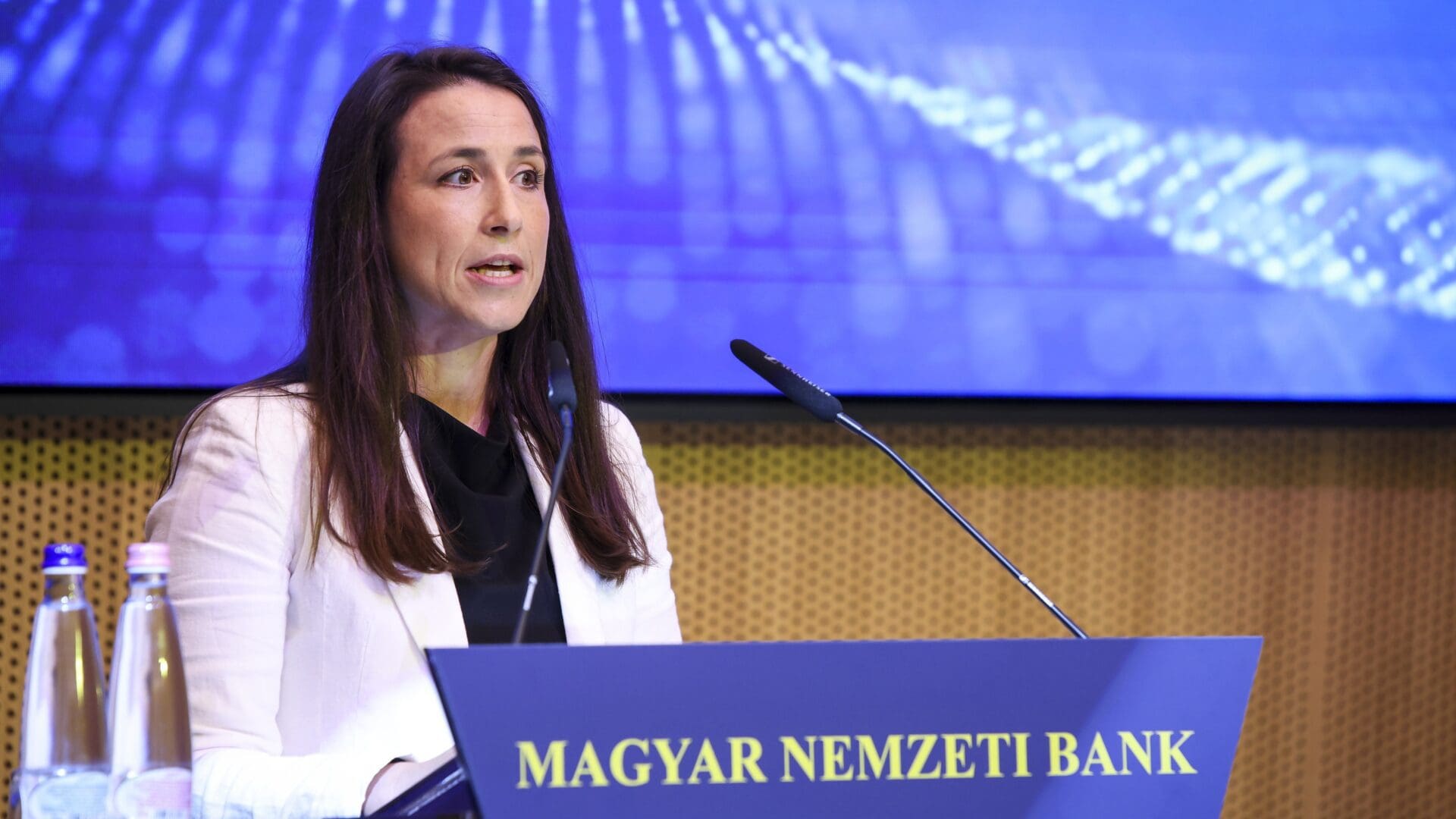‘Criminals in the cyberspace are increasingly achieving their objectives by deceiving consumers and manipulating emotions, which is why it is essential to strengthen the financial awareness of customers and prepare them for risk management,’ State Secretary for Public Administration at the Ministry of Economic Development and Innovation (GFM) Anikó Túri said at a press conference in Budapest on Thursday, where she discussed the current issues of the CyberShield Education Programme.
On the occasion of GFM joining the programme, she noted that it is necessary not only to raise the level of consumer protection but also to increase trust in financial services. It is important that consumers who become victims of fraud receive assistance promptly, she said, stressing that if someone falls prey to a scam they should report the incident immediately, so that the circumstances can be investigated as soon as possible. If the transaction in question has not been approved, the customer will get their money back, she added.
Túri pointed out that often emotional manipulation leads consumers to approve transactions or provide sensitive data during deceptive phone calls.
To uncover the criminal activity, victims need to contact law enforcement authorities directly,
she warned. Those who fall victim to scams within Hungary’s territory and find themselves in a crisis are entitled to victim support services if the incident is reported within eight days, the state secretary emphasized. She highlighted that GFM’s goal is to place greater emphasis on assisting and informing those who become victims of fraud in the future. With the increasing prominence of electronic financial transactions through digitization the number of financial abuses has also risen, Túri summed up.
Deputy President of the Hungarian National Bank (MNB) Mihály Patai emphasized at the event that Hungary’s electronic payment system is outstanding secure in international comparison. However, it is crucial to focus on preventing potential fraud and increasing customer awareness. He also mentioned that the central bank is preparing a central abuse prevention system, with GIRO Ltd responsible for its implementation. He noted that he has requested GFM to initiate the necessary legislative changes to support this initiative. Patai expressed the belief that the kiberpajzs.hu website will contribute to the success of the initiative. He also stated that in addition to GFM, the Hungarian State Treasury, serving millions of customers, has also joined the educational programme.
Last autumn, MNB, the Hungarian Banking Association, the National Police Headquarters, the National Cybersecurity Institute of the National Security Service, and the National Media and Infocommunications Authority jointly launched a communication and education campaign called CyberShield. Since then the Ministry of Justice, the Supervisory Authority for Regulated Activities, the Hungarian State Treasury, and GFM have joined the initiative.
Related articles:
Sources: Hungarian Conservative/MTI








